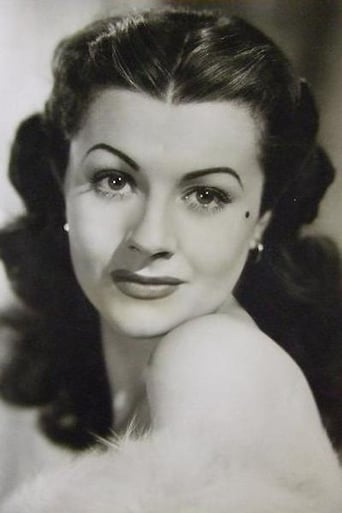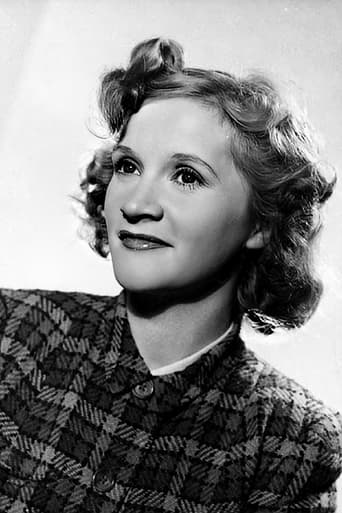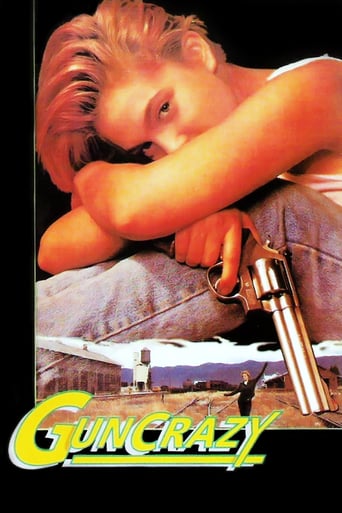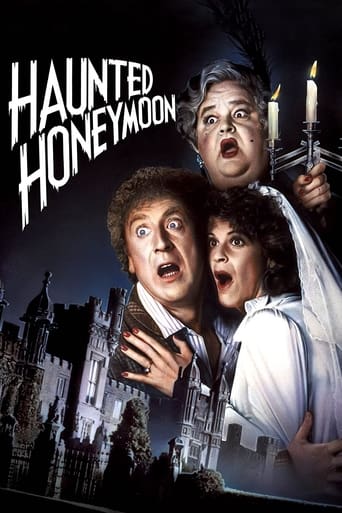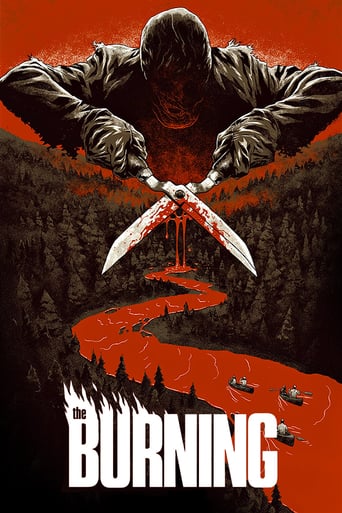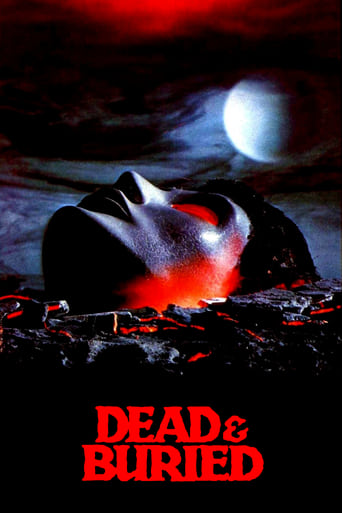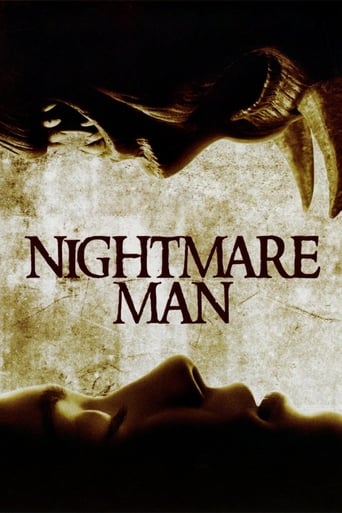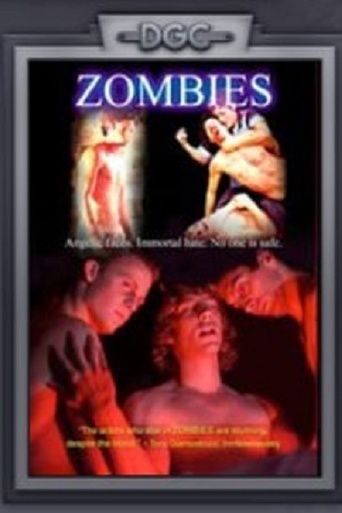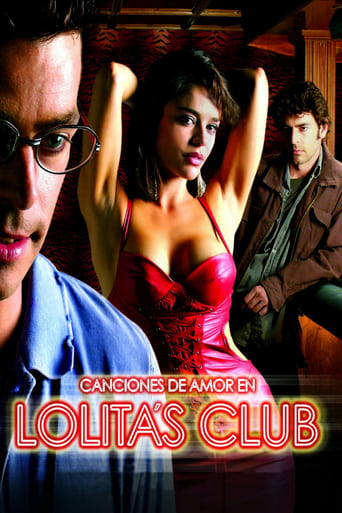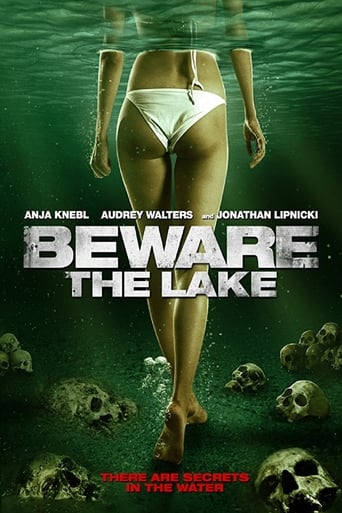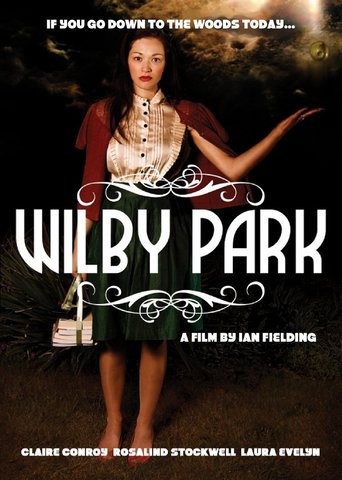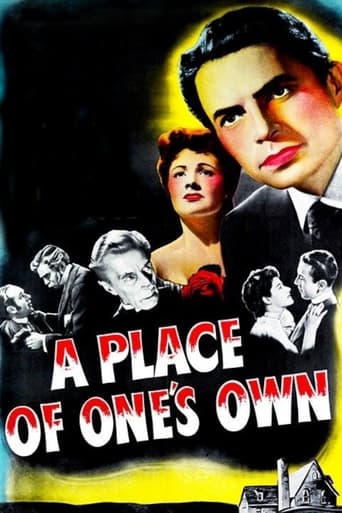
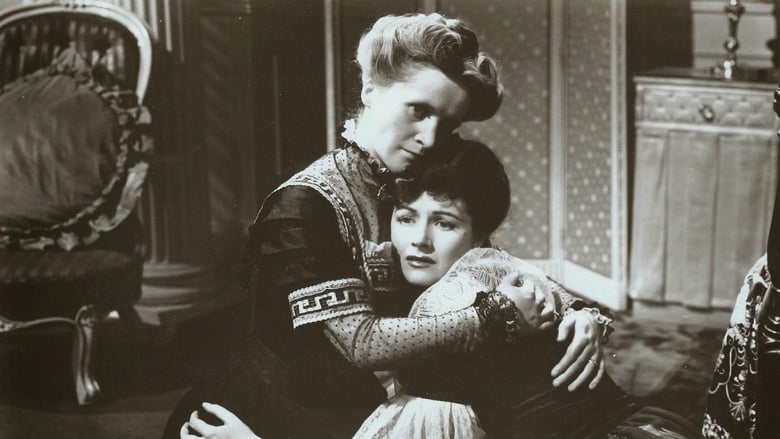
A Place of One's Own (1949)
An elderly couple move into an old, supposedly haunted abandoned house. A young girl comes to live with the pair as a companion for the wife. However, soon the girl is possessed by the spirit of another girl, a wealthy woman who had once lived in the house but who had been murdered there.
Watch Trailer
Cast


Similar titles
Reviews
In October 1945, the horror anthology film "Dead of Night" was released in England, and to this day, almost 75 years later, it remains one of the scariest pictures ever to come out of that country. But "Dead of Night" was hardly the first shuddery cinematic exercise to be released there that year. Some five months earlier, in May '45, a smaller and admittedly less frightening cinematic offering had been released to the public, and that film was "A Place of One's Own," based on the Osbert Sitwell novel of 1940. A subdued and only intermittently scary ghost story, the film yet offers the viewer of today a beautifully produced and supremely well acted 90 minutes, highlighted by some beautiful period decor and a literate script. Though little discussed in recent years, the picture surely remains ripe for modern-day reappraisal by the discriminating viewer.In the film, the viewer meets the advanced-in-years Henry Smedhurst, played by the 36-year-old James Mason, who, by dint of his great craft and some effective makeup work, manages to convince as a man a good 20 years older. Smedhurst had been a draper in Leeds for the previous 40 years, and is now about to retire. He and his wife, Emily (American actress Barbara Mullen...although nobody would ever suspect her country of birth, given the oh-so convincing Scottish accent that she sports here), decide to buy the abandoned Bellingham House in Newborough. The old place had been unoccupied, coincidentally enough, since 1860--40 years earlier--when its previous occupant, the young Elizabeth Harkness, had died under mysterious circumstances. All seems to go well as the Smedhursts settle in, until strange noises are heard issuing from the home's "speaking tube," as well as faint voices asking for one "Dr. Marsham." And when Emily hires a young woman named Annette Allenby (the hugely popular English actress Margaret Lockwood) to be her companion, even stranger things begin to transpire. Annette is soon seen to evince abilities on the piano that she never had before; she orders the gardener to dig in the garden for a locket and later has no memory of having done so; and, most distressingly, she even begins to speak in another's voice, telling of a 40-year-old tragedy in that same house. The viewer of course immediately realizes that poor Annette is being possessed by the spirit of the late Elizabeth, and while Emily is quick to catch on, Smedhurst himself is harder to convince. Annette's fiance, the kindly Dr. Selbie (Dennis Price, here in one of his earliest roles, and a good four years prior to his wonderful turn in "Kind Hearts and Coronets"), is at a loss to help the woman as she sinks into torpor and increasing debility, until Smedhurst himself is finally convinced of the supernatural nature of recent events, and decides to take action, as the history of four decades earlier threatens to repeat itself....While never as scary as "Dead of Night" would prove to be, "A Place of One's Own" yet manages to deliver one or two scenes that should just manage to send a chill down the spines of modern-day viewers. In the first and perhaps most impressive in the entire film, Annette awakens in the middle of the night, and walks trancelike down the stairs of Bellingham House, while the strains of Chopin's "Prelude in E Minor, Op. 28, Number 4" (perhaps the most effective use of this classical piece in film history, at least until Bobby Dupea played the same melody 25 years later in "Five Easy Pieces") are heard being played by someone or something on the piano downstairs, and creepy voices whisper in the background. In this extended sequence, the camera follows Annette down the intricate stairway (it is a most impressive piece of work here by cinematographer Stephen Dade) and into the piano room. In the second shuddery scene, Dr. Marsham himself, the suitor of Elizabeth Harkness four decades earlier, arrives at the house in the, um, dead of night, and we see him, from behind and at a discreet distance, ascend those same stairs to give assistance in Annette's sickroom. Marsham is played by the great Ernest Thesiger, here in his first outright horror film since he had essayed the memorable role of Dr. Pretorius in the classic "Bride of Frankenstein," a full 10 years before. Again, this scene is a quiet one, and the shudders elicited are small ones. This is a film that never goes for big scares or startling shocks, but rather a slow and understated accretion of sinister unease. Very much in the tradition of British quality, the film has been expertly helmed by director Bernard Knowles, who had earlier served as DOP for no fewer than five of Alfred Hitchcock's U.K. classics. The script, by Brock Williams, is a pleasing one, and as I have mentioned, the acting, down to the smallest bit parts (such as pretty Dulcie Gray as the flighty maid Sarah), is, unsurprisingly, impeccable; Mason, in particular, is a wonder. Although the film's resolution may prove a little underwhelming for the casual viewer, for all those who love an effective ghost story well told, "A Place of One's Own" should surely fit the bill. More than highly recommended....
It's turn of the century England and retired couple – the Smedhursts - James Mason and Barbara Mullen buy a large manor house in the countryside at a good price. A companion for Mullen arrives in the form of Margaret Lockwood (Annette) and we get the developing of a romance when Lockwood meets Dennis Price (Dr Selbie) at a dinner party at the house. However, there is a reason why the house was sold at such a cheap price to Mason and everyone soon finds out this reason. We have a spirit still in residence. It's the spirit of a woman who was murdered and she starts to take over Lockwood's character. This possession needs to be resolved.I like this type of film but I have to say that there are quite a few irritations with this offering that bring down its overall effect. I wanted to like it but here is what is wrong - the casting of Mason and Mullen as elderly people. This may have been OK if we were to dissolve to a flashback story, but this doesn't happen. They are two main characters who remain this way for the duration of the film. Two problems lead on from this, firstly, your face totally changes as you get older. I no longer look anything like the gorgeous specimen I was in my early 20's – my gorgeousness now looks totally different – I've still got it, though. So, it's not good enough to apply a bit of makeup onto a younger actor and believe that is the job done to portray the same person in old age. They should have just cast 2 older actors. Secondly, there seems to have been no lines applied to the face of Mullen so she just looks young and therefore cast wrong as Mason's wife. With portraying an older character comes the trap of hamming things up – you know, start shaking your hands a bit, over-exaggerated sitting down and walking, a bit of forgetfulness, etc. All totally crap and I'm afraid Mason hams it up on this front to my great annoyance. This is not a good performance by him. And stop calling your wife "Mother"! Sticking with these two main characters, what is going on with their accents? Terrible attempt by Mason at a Yorkshire accent and he sticks with it for the whole film. You expect Mason to speak like Mason – don't change a winning formula. You'd never guess that he was actually born in Yorkshire – it's a disgraceful attempt. And as for Mullen's accent – where is she from? Aside from these two weak leads, we have a slow moving film. I'm afraid it gets boring despite the interesting premise. There isn't nearly enough tension and suspense and everything is predictable including the ending which is one of the film's standout sequences. Guessed that one a mile in advance. The story is also frustratingly developed as the first thing a normal person would have done would have been to find "Dr Marsham" and find out the cause of death for the woman all those years ago. It takes these clowns 5,000 years to get round to doing the bleeding obvious. Finally, the melodramatic facial expressions of Mullen ruin the film. One example comes when she pulls a face that suggests the she has seen an apparition off camera and we as the audience prepare for the camera to pan round and reveal the vision that she is currently fixated on. Well, she's just messing about, apparently, giving totally misleading facial cues to us. The film also has too much comedy – not another old guy in a pub hamming it up and dragging out a scene as he pretends to have a failing memory – Jeees! Set against the annoyances as described above, there are good sequences – the night that Lockwood hears the piano and goes to investigate as well as some nice ideas such as the voice over the gardener's shoulder telling him to dig up a section of garden. It would have been more effective to actually see this incident, though. The best in the cast are Helen Hayes (Mrs Tutthorn) and housemaid Dulcie Gray (Sarah). Hayes should have had more of a prominent role.I'm annoyed and disappointed because this film should have been better.
A nifty little ghost story in which possession is part of the lore. James Mason as an elderly retired draper buys a lovely old manse at a bargain price...because the real estate agent forgot to mention that it's haunted. His wife's companion, the lovely Margaret Lockwood, suddenly starts playing piano melodies she never heard before and takes to her bed, pleading "Send for Dr. Marsham." But her fiancée is Dr. Selby. Mason is marvelous as a retired old coot. Barbara Mullen is splendid as his practical wife. And a very young Dennis Price is a loving -- and bewildered -- young medic. If you enjoyed "The Haunting" and "The Uninvited," pay a visit to "A Place of One's Own."
A Place of One's Own (1945)Well, there are some things here that will enchant a movie lover already in love with old movies. For one, James Mason pulls off an old man brilliantly. You hardly know it's him, and he has the poise and delivery that make him always impressive. And then the story itself, about a ghost of sorts who has unfinished business in a house that Mason and his wife have moved into, is charming and given some nice complications (existential ones, in a way). For me this wasn't enough. I found the filming (photography and editing) stodgy, and in this sense all too British. (I know, this is a terrible stereotype, but in fact a lot of British movies have a staged, stiff feel to them, and this doesn't include all the ones that do not, including, for example, the 1949 "The Third Man.") But this is a British movie, a filmed play of sorts, based on a novel with a fixed location (the haunted house). But this isn't a haunted house kind of movie, but rather a literary affair, with lots of talk (another British movie tendency) and some eventual "explanation" (which Mason delivers with ease).The main idea is a terrific one, a house and then a young woman being possessed, and one doctor and then another drawn into the cure. This second doctor adds a nice twist to it all, which is revealed by the end. It ends up being an archly high romance, and great on that level.


